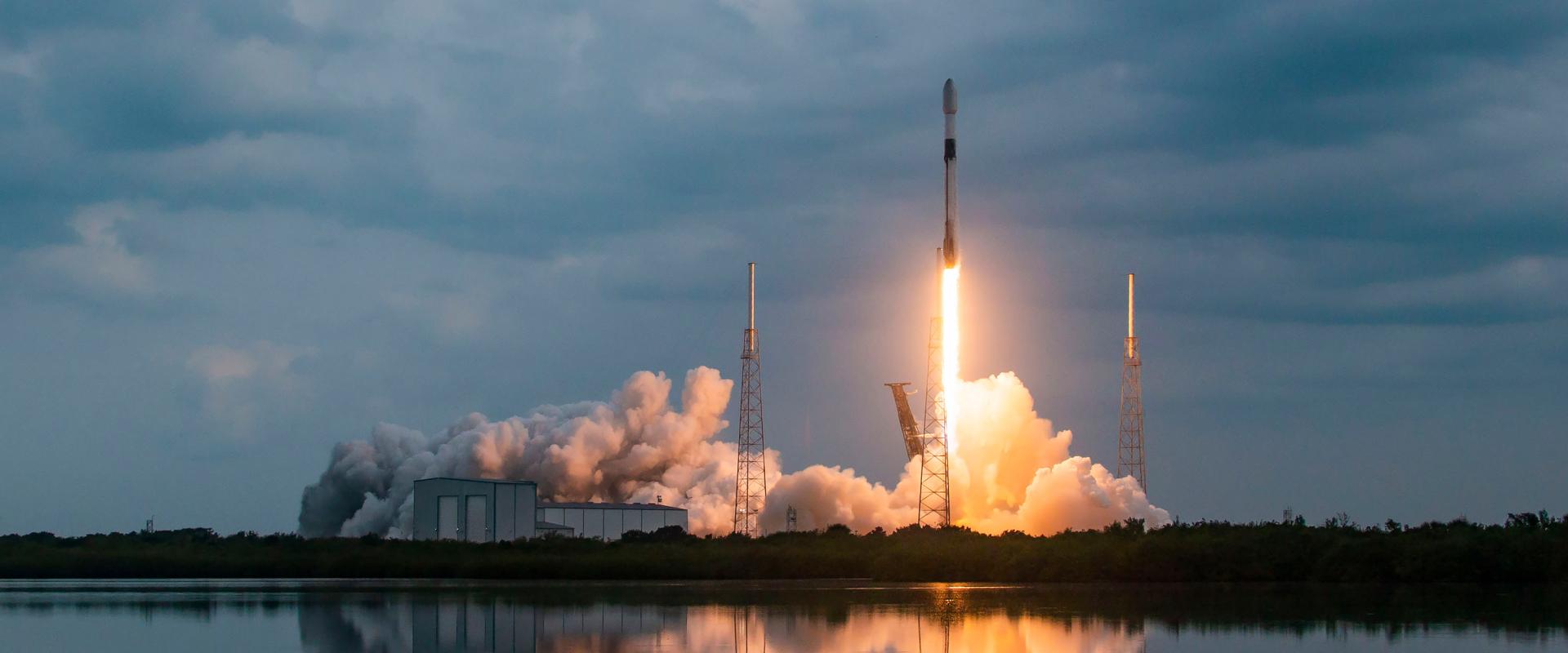Jeff Bezos’s space company, Blue Origin, has achieved a major milestone by successfully launching its first rocket into orbit. The New Glenn rocket lifted off from Cape Canaveral Space Force Station in Florida at 2:02 a.m. local time (7:02 GMT), marking a bold step in Bezos’s bid to challenge Elon Musk’s SpaceX dominance in the commercial space race. This achievement underscores the escalating rivalry between the two wealthiest men in the world, as both strive to develop larger, more powerful rockets.
Beyond rocket launches, Bezos and Musk are also racing to populate the skies with satellites, establish private space stations, and enable regular human missions to the Moon. Reflecting a sense of mutual respect, Musk congratulated Bezos on the successful launch, posting on X, “Congratulations on reaching orbit on the first attempt!”
Blue Origin CEO Dave Limp expressed pride in the company’s accomplishment, saying, “We’ll learn a lot from today and try again at our next launch this spring.” However, the road to success was not without challenges. Earlier in the week, a previous launch attempt was halted due to ice formation. Overcoming this setback, the team successfully launched the 98-meter-high New Glenn rocket into orbit, drawing cheers from employees and spectators gathered near Cape Canaveral.
Despite the triumph, Blue Origin faced a setback when it failed to recover the rocket’s main booster from the Atlantic Ocean. About 20 minutes into the flight, the company confirmed the loss of the booster, a disappointment but one that does not overshadow the overall success of the mission.
This accomplishment is a critical step forward for Blue Origin, even as it trails behind SpaceX’s rapid advancements. The New Glenn rocket is notably more powerful than SpaceX’s Falcon 9, the workhorse of Musk’s fleet, and boasts the capacity to carry a larger payload of satellites. Bezos plans to incorporate New Glenn into Project Kuiper, his initiative to deploy thousands of low-Earth orbit satellites for global broadband services—a direct competitor to SpaceX’s Starlink.
Founded 25 years ago, Blue Origin has always aimed high, envisioning “millions of people working and living in space.” The company initially focused on its smaller reusable rocket, New Shepard, which has successfully launched payloads and passengers, including Bezos himself in 2021. However, despite these achievements, Blue Origin has struggled to match SpaceX’s pace; Musk’s company launched an astounding 134 rockets last year alone. SpaceX’s next-generation rocket, Starship, which is even more powerful than New Glenn, is set for its seventh test flight later today.
Looking ahead, industry experts believe that the success of the New Glenn rocket could intensify competition between Blue Origin and SpaceX, potentially driving down the costs of space operations. Dr. Simeon Barber of the Open University in the UK remarked, “What you are going to see are these two companies challenge each other to make even greater strides.”
Historically, space exploration has been dominated by government funding, with NASA investing billions in rockets and missions. However, the landscape is shifting as the U.S. space agency increasingly turns to private companies for innovation and efficiency. SpaceX, in particular, has secured substantial government contracts, bolstered by Musk’s close ties to policymakers.
While SpaceX remains the frontrunner in the commercial space industry, Blue Origin’s recent success marks an important step toward establishing itself as a formidable competitor in the race for the final frontier.
